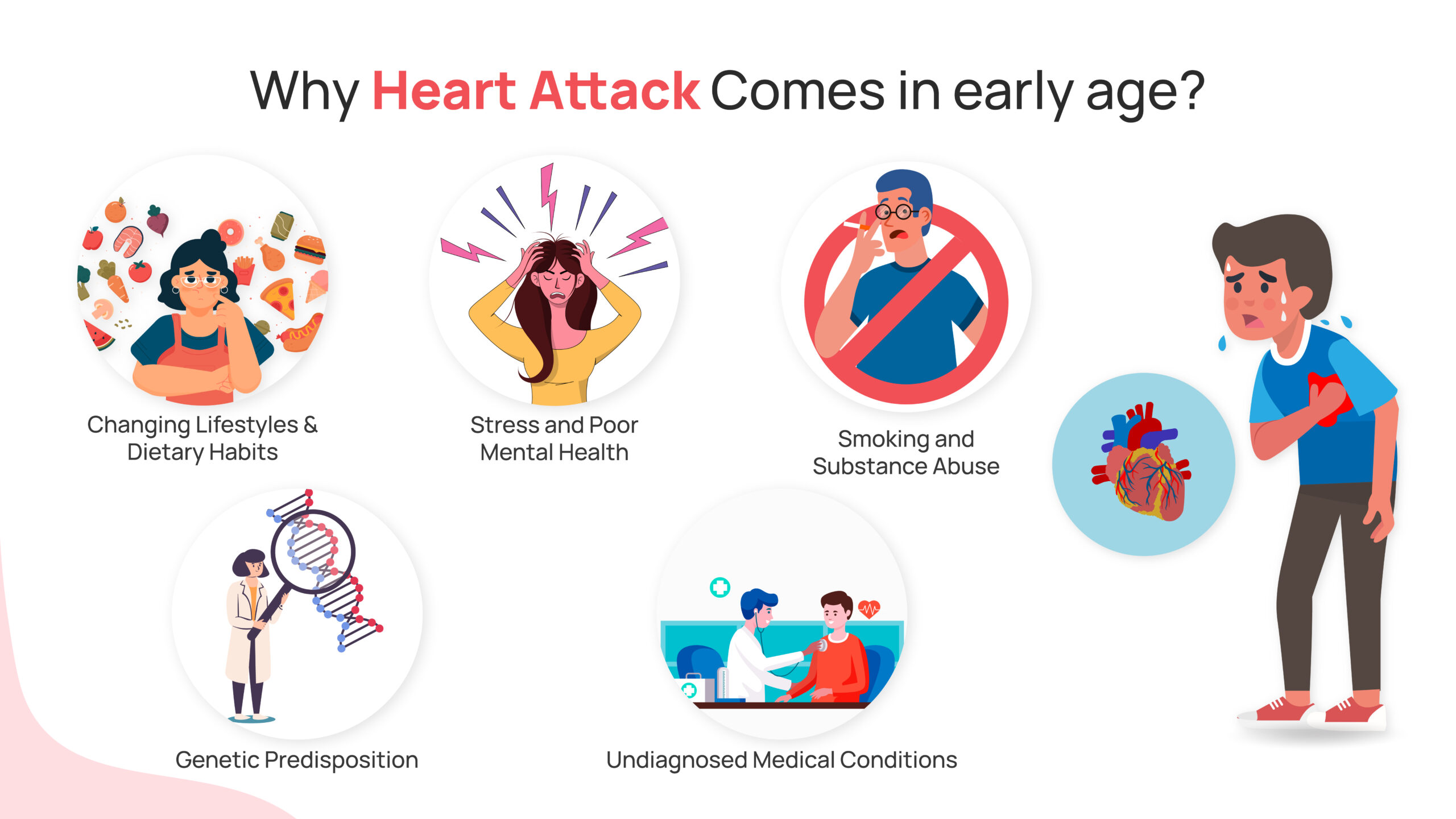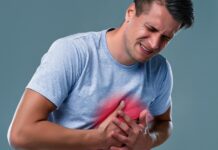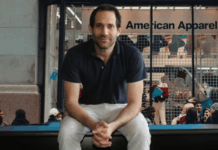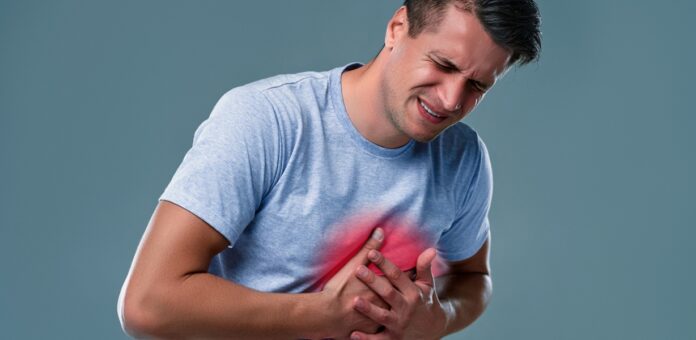Heart attacks typically hit older people, but increasingly, more young individuals have them. People in their 20s, 30s, and early 40s are affected. Physicians report that early heart attacks are on the increase.
In Karnataka, India, there were 18 sudden heart deaths in one month, many among individuals younger than 30. Young heart‑attack cases also jumped 20% at hospitals. Emergency room visits exploded , often with no typical red flags such as obesity or diabetes.
Hidden Health Threats
Young victims often lack obvious risk factors. However, many have high blood pressure or bad cholesterol, while others juggle hidden stress or poor sleep. Conditions like diabetes and obesity are climbing in young adults.
In the U.S., high blood pressure rose from 9% to 12% in ages 20–44 over a decade. Diabetes and obesity also surged. Half of diabetes sufferers don’t control it well. And nearly a third of young adults can’t manage hypertension.
Tobacco and vaping harm heart health. Smoking doubles your risk of a heart attack. Vaping brings its own risks. Cocaine and marijuana use tax the heart. Inactive lifestyles contribute, too. They increase obesity, high blood pressure, and diabetes risk.
Sleep deprivation pours fuel on the fire. Three nights of poor sleep can lead to inflammation that damages arteries.
Genetic and Silent Threats
Certain adolescents have genetic heart diseases. Hypertrophic cardiomyopathy, long‑QT syndrome, or structural artery disease may be hidden. They might lead to sudden cardiac death during exercise or at rest.
As many as 25% of adolescent heart‑attack victims do not display typical risk indicators. Family history of heart disease before age 55 also significantly increases risk.
Work or life stress also strikes the heart chronically. Pollution and pesticide exposure damage vessels as well. Social inequality, poverty, and low education contribute to health loads. All of these non-medical factors tend to fall through the cracks.

Warning Signs to Watch
Young adults need to be on their guard. Be aware of fainting, chest discomfort, shortness of breath, or unusual tiredness.
Women tend to present with non-traditional symptoms such as dizziness or nausea. Pay attention. Early screening, particularly for those with a family history, is crucial. ECGs prior to rigorous training would benefit athletes.
Steps to Prevent Early Heart Attacks
Think lifestyle first. Eat whole foods. Avoid processed fats and added salt. Get active—150 minutes of moderate activity per week makes a difference. Get seven to nine hours of sleep each night. If you smoke or vape, stop now. Control stress. Take a break and be serene. Monitor your blood pressure, cholesterol, and blood sugar. Seek medical attention if levels increase. Be aware of your family history.
Young adult heart attacks are no longer uncommon. The risk is real. But young adults can take control. Know your numbers. Live smart. Get regular checkups. Small steps count. They can save a life—perhaps yours.
Stay tuned to Brandsynario for latest news and updates




































